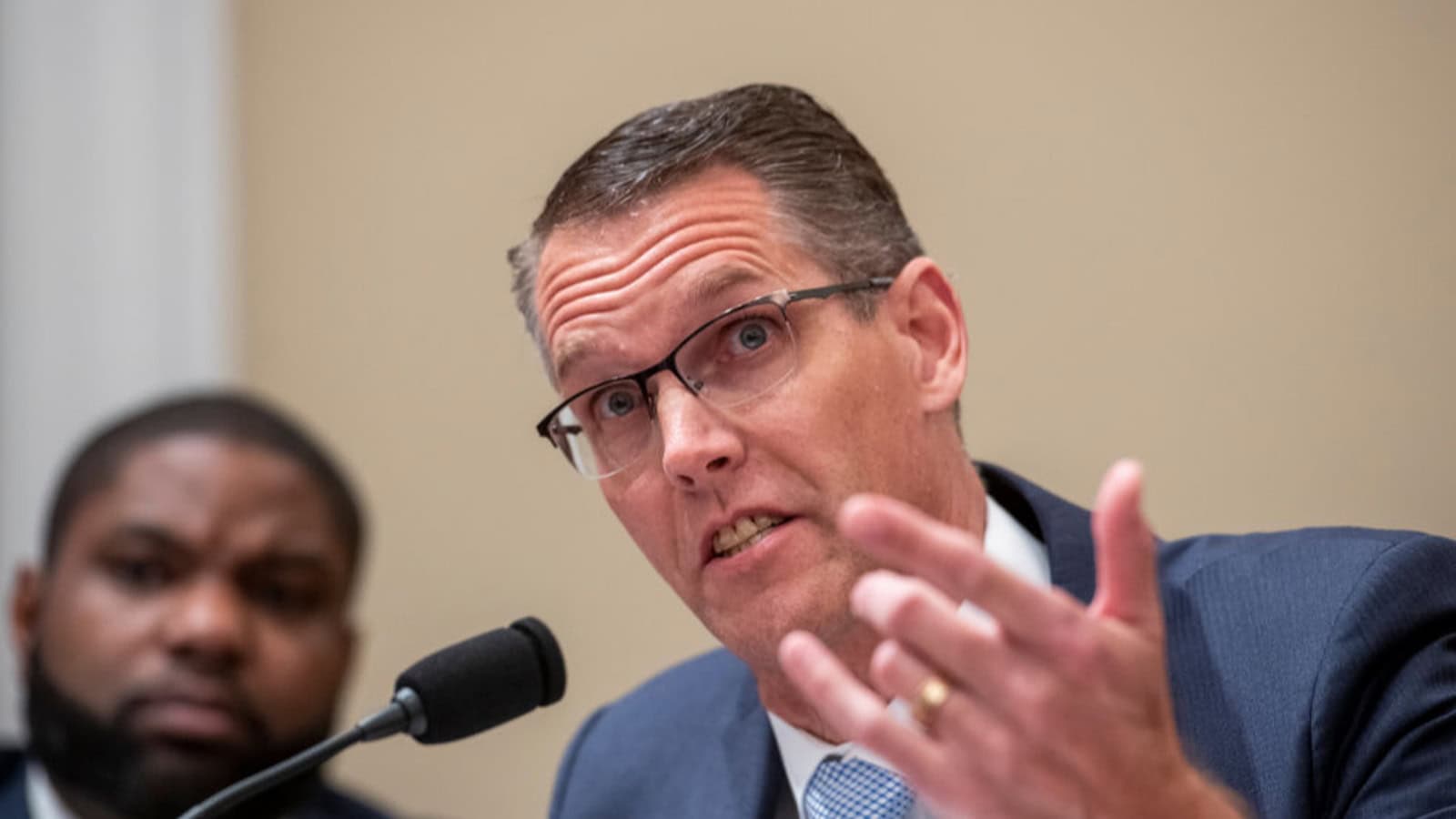Estate Tax: A Q&A with Rep. Randy Feenstra

The NAM recently interviewed Rep. Randy Feenstra (R-IA), the vice chair of the House Ways and Means Committee’s Rural America Tax Team, about the estate tax and why he’s working with colleagues on Capitol Hill to repeal it.
NAM: Rep. Feenstra, Congress is facing a “Tax Armageddon” next year, as crucial provisions from 2017’s Tax Cuts and Jobs Act are set to expire. As a member of the Ways and Means Committee, what is your focus moving into next year’s debate?
Rep. Feenstra: One of those crucial provisions from the Tax Cuts and Jobs Act that is set to expire is the doubling of the estate tax exemption amount, which currently sits at $13.6 million in 2024. After 2025, it will return to half that amount, adjusted for inflation. That change in the Tax Cuts and Jobs Act was another important step toward full repeal of the estate tax, which my Death Tax Repeal Act would do. The bill makes the simple recognition that death should not be a taxable event. When a family is grieving, the federal government sends a multimillion-dollar tax bill as condolences. This is simply wrong.
I’m proud to co-chair the Rural America Tax Team, which has dug into this issue of the “death tax” and the impact it is having on family businesses across the country. As the tax team has spoken to family businesses and estate tax experts from across the country, it’s become increasingly clear that we still have a lot of work to do to provide relief from what can be a devastating setback for multigenerational family businesses. Repealing this tax is going to be one of my top priorities in 2025, and I’m proud to have the support of 170 of my colleagues.
NAM: The estate tax is imposed on family-owned businesses when ownership of the business passes to the next generation following the death of an owner. As you mentioned, the TCJA doubled the exemption threshold, excluding more assets from taxation and thus reducing the burden of the estate tax on businesses. Why is this important and what is Congress doing to preserve this higher threshold?
Rep. Feenstra: Over the years, various bills have taken steps toward providing relief for taxpayers hit by the death tax. The Tax Cuts and Jobs Act was one of the largest expansions of that relief, significantly reducing the number of family businesses hit by the tax and reducing the tax burden for those businesses that still are. People often don’t realize that businesses over many generations can accumulate assets that can put them over the asset threshold, but that doesn’t mean these businesses have a lot of cash on hand. So when they’re hit with millions in new taxes, that can sink an already cash-strapped business. Fortunately, because of the doubling of the exemption amount, far fewer businesses face that threat. As long as any family business does face that threat, we still have work to do.
NAM: At the end of 2025, the estate tax is scheduled to be reduced by half, subjecting more of family-owned manufacturers’ assets to taxation and increasing their estate tax liability. As the Ways and Means Committee and tax teams continue meeting with businesses around the country, what are you hearing on the impact this change would have?
Rep. Feenstra: Two things: A lot more people would be hit by the death tax, and the people who are hit would be paying a much higher tax. These are small family businesses we are talking about, and if the current exemption amount is allowed to return to half its current value, that means the size of the businesses getting hit are much smaller than they are today. People often think of farms, and that’s certainly true, but as you know, manufacturers are hit, family-owned restaurants, auto dealers, you name it. As we go into 2025, we need to be focused on policies that support growth and help these businesses succeed, not create costly obstacles for them to overcome. If the exemption amount falls to its pre–Tax Cuts and Jobs Act level, that’s a lot of new businesses that are going to be hit by this tax.
